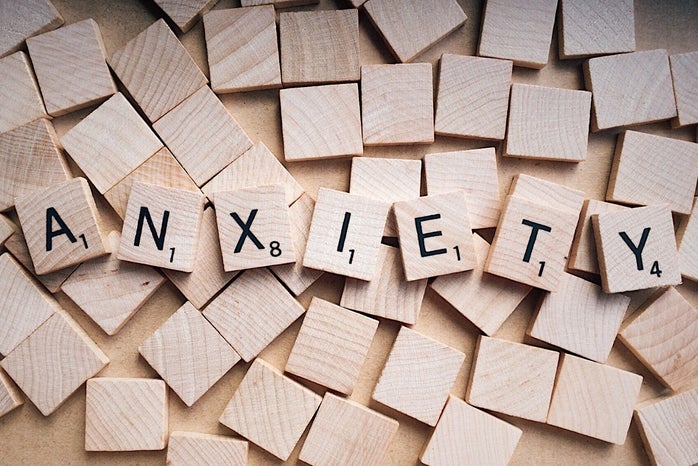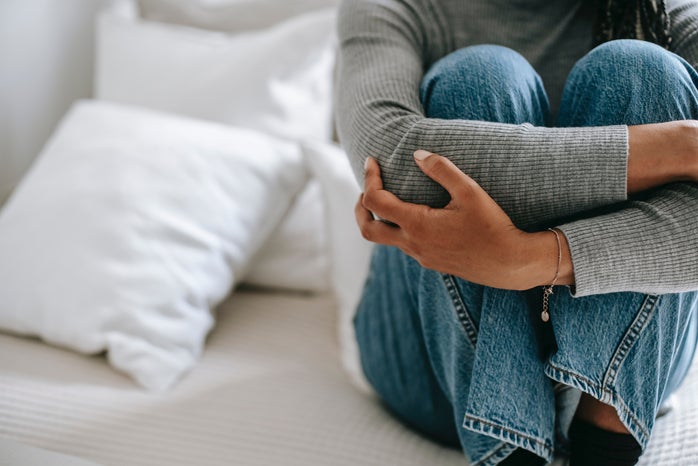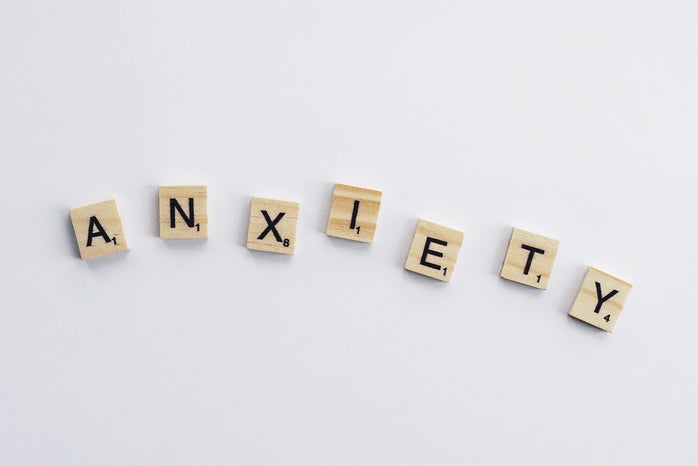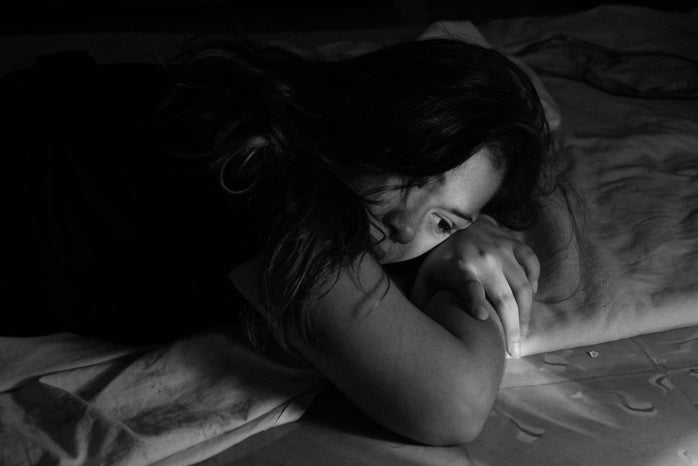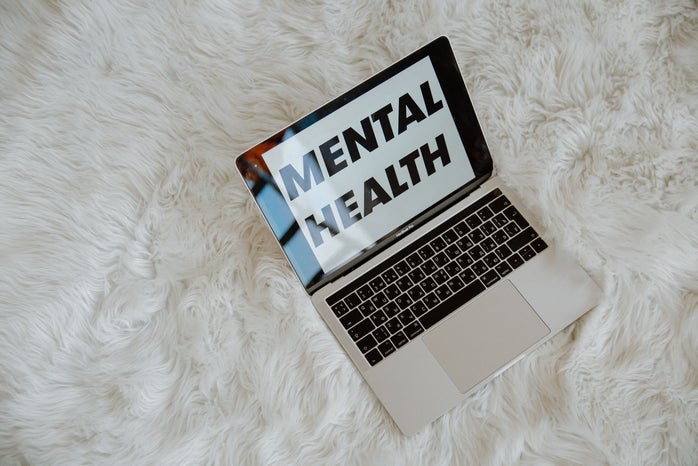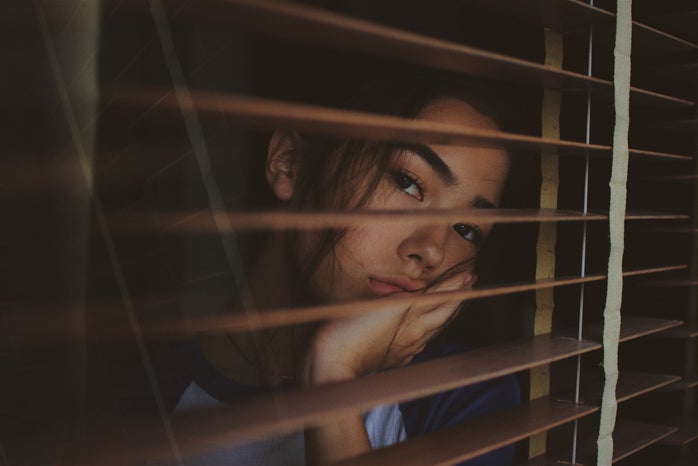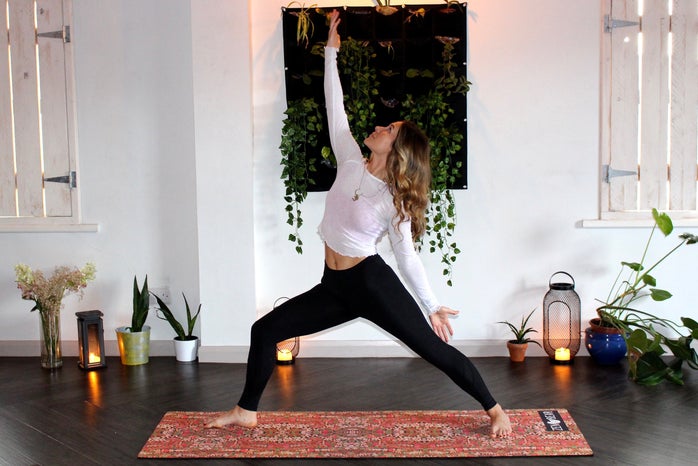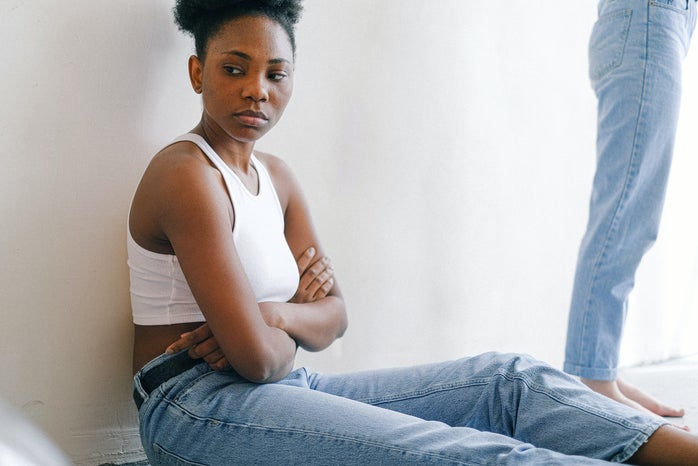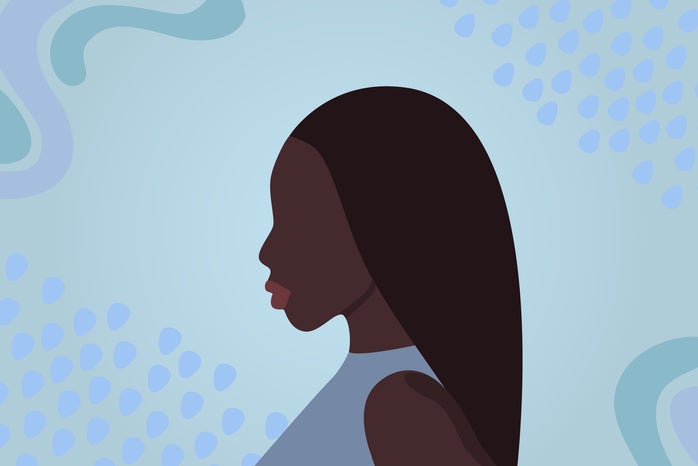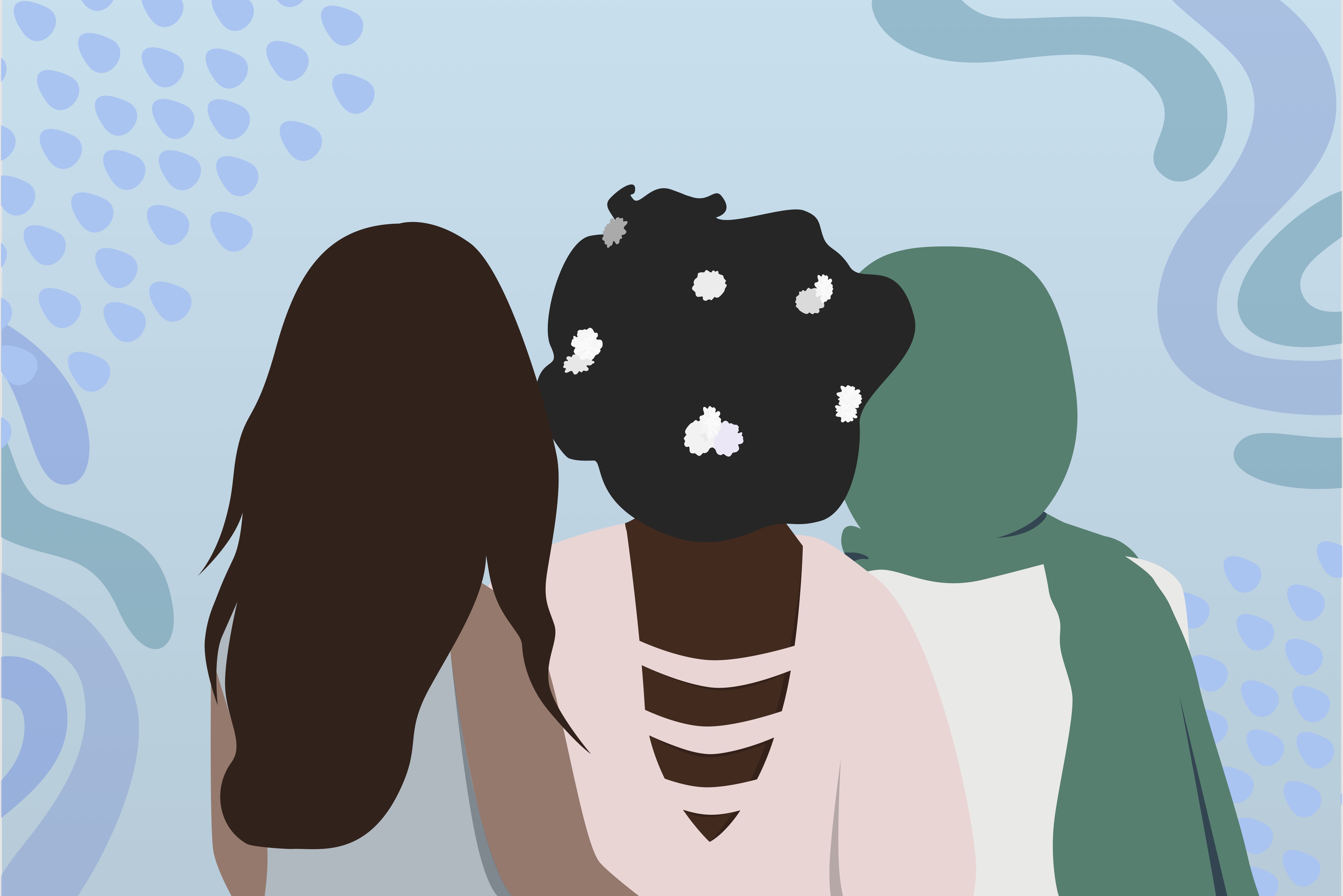
Anxiety on Campus: Feeling Seen & Speaking Out
College students are in a mental health crisis. Now more than ever, they are experiencing immense amounts of anxiety and worry. It’s crucial that we talk about anxiety in college, and Her Campus is continuing this conversation.
With the help of experts from the Anxiety and Depression Association of America and the American Civil Liberties Union, Her Campus conducted two voluntary, anonymous surveys with readers to learn more about what anxiety really looks like at the college level. We asked our Her Campus community questions about mental health resources on campus, experiences in seeking professional help, coping mechanisms, and their overarching feelings about experiencing anxiety during college. With eye-opening data from nearly 1,000 Her Campus readers, we learned a lot about anxiety among college students — 51% of survey respondents reported that they have been diagnosed with an anxiety disorder.* 88% of survey respondents reported that anxiety has affected their ability to carry on with their daily life. Anxiety and anxious thoughts have become major parts of so many students’ lives.
That’s why Her Campus created Anxiety on Campus: Feeling Seen & Speaking Out, intended to shine a light on how college students experience anxiety today. For as much progress that’s been made in driving awareness to mental health struggles during core academic years, we still have a long way to go. College students still feel the stigma in struggling with mental illness as we saw in our surveys — describing themselves as “embarrassed” and “scared” when we asked them about why they felt as if they couldn’t get help. As for other barriers, 54% of readers surveyed said they have considered seeking professional assistance but “time constraints” prevented them from doing so, with 46% reporting that financial reasons prevented them and 45% reporting the difficulty in making an appointment prevented them from seeking help. Basically, college students and campuses still have roadblocks that keep students from getting the help they need.
We spoke with professors, university mental health experts, and published authors in the psychological science field to understand anxiety in college students and bring forth their expertise directly to you, our readers. We talked with professionals with expertise in anxiety disorders among students of color and advocates for LGBTQ+ youth mental health awareness to understand how students of color and queer students can live through more unique and complex experiences with anxiety. We heard from our writers who know what it’s like to experience anxiety on-campus firsthand and wanted to speak out bravely. We hope you are able to take away information you may have not known before.
We hope you see how you may differ or relate to another student’s experiences. Most importantly, we hope you leave with a little more courage in seeking whatever resource is right for you if you are struggling in any way.
The Her Campus community is here for you — we see you and we will support you. If writing and speaking out helps, we encourage you to connect with the editors here at pitches@hercampus.com.
With love,
Felicity Warner (Associate Features Editor) & The Her Campus Editorial Team
If you or someone you know is in crisis, please contact the National Suicide Prevention Lifeline.
Expert sources for Her Campus’s Mental Health Surveys:
Dr. Shane Owens, ADAA Member & Assistant Director of Campus Mental Health at Farmingdale State College
Tanekwah Hinds, Racial Justice Community Advocate for the ACLU of Massachusetts
*Based on our Her Campus survey, which targeted college students who identified themselves as having anxiety or anxious thoughts
